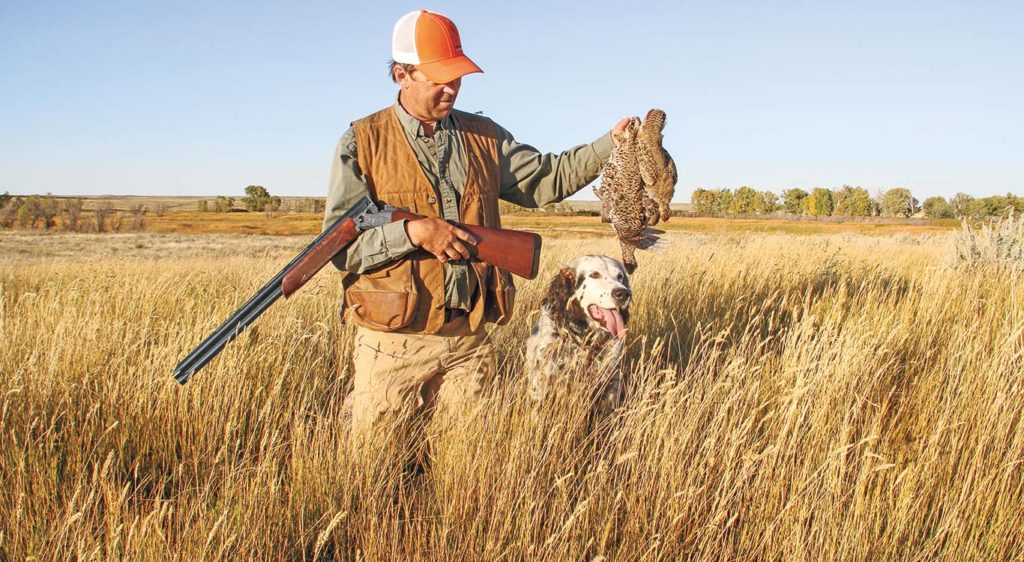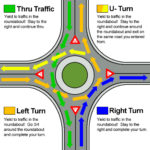I understand that hunting isn’t your thing. I understand that maybe you don’t get jittery every April, June, September, and October as successive seasons open. I understand that getting out of bed well before dawn to go outside and shiver in the dark is not everyone’s idea of fun. I understand that there’s not a scrap of camouflage in your closet, and that bloody photos of elk make your stomach turn. I understand that you want to repeal the 2nd Amendment, and that you live in a large city, and that you’ve never hunted a day in your life. I understand that you’re a vegan.
You still need to buy a hunting license this year.
Because hunting doesn’t really have anything to do with guns and killing and meat. And, you know, sure: nominally that’s the goal. But in reality it’s much, much bigger than that. At the end of the day, hunting lives at the center of conservation.
Each fall I head out to the woods as much as a single time, to take my rifle for a hike. I don’t even call it hunting anymore, just rifle hiking, really, because I so rarely pull the trigger. Fishing bores me to tears, but I buy a license every year.
Because hunting and fishing contribute $800 Million each year to conservation and management in licensing alone; Federal excise tax on guns and ammunition contribute another $250 Million or so directly to habitat conservation, management, and law enforcement. This is in addition to the hundreds of millions of dollars that sportsmen contribute to private conservation organizations to protect and improve the landscapes that allow hunting and fishing, and comes at a time when public land and management agencies are under constant attack through slashed budgets and threats of privatization.
90% of duck stamp fees go directly to habitat conservation by acquisition or easement, and has protected more than 6 million acres. Since hunting equipment taxes began to support conservation, the US elk population has grown from 41,000 to more than a million. And while conserving a species with the intention of going out to shoot that species may raise an eyebrow, we can’t forget what’s threatening these animals in the first place.
Take, for instance, the regal sage grouse, which today teeters on the brink of the endangered species list. As the US Fish and Wildlife Service scrambles to study stint the bird’s decline, hunting is allowed and encouraged. Of 1,300 collared sage grouse in a recent study by Montana Fish, Wildlife, and Parks, only nine were killed by hunters. The threats to game species are no longer the over hunting that killed the passenger pigeon and the dodo, but fragmented and paved habitat as we make room for pipelines, parking lots, and Verizon Stores.
Sure, the Rocky Mountain Elk Foundation is fired up about huntable elk, the same way that Ducks Unlimited and Pheasants Forever belie their true intentions in name alone. But in order to protect these charismatic game species, we need large scale habitat continuity and resiliency against a changing climate. In essence, game animals need the same thing we all do, and efforts to improve game habitat are efforts to improve global habitat. We need to build broad based coalitions to protect broad landscapes, and this begins with joining those guys who unironically wear camouflage and blaze orange at the same time.
So go get a license. It’s twenty bucks, and that directly funds conservation and wildlife professionals. It’s sort of like if you could pay your taxes with a note to please not use that money to bomb civilians – it’s great! And once you get a license you might as well pencil in one morning this fall to get out for a rifle hike.
When you do, you may find that the coffee tastes better when the road out of town is quiet, and that you enjoy the sound of your feet crunching a frozen dew. You may find that sitting perfectly still, perfectly silently is just the thing you’ve missed. You may find yourself standing in a place that you would not ever have visited for any other reason than that perhaps an animal would be standing there as well, and that it just happens to be a perfect place to watch a frozen sunrise.
You may even find your crosshairs drawn to the heaving ribs of an ungulate, at which time you may choose to pull the trigger or not, and that whatever you do you may find that it is the very least important moment of the hunt.
Roundabouts Are Not That F'ing Hard
Not that long ago, not that far from where I live, our community was presented with the opportunity to fix an inconvenient and dangerous intersection. ... Read more



